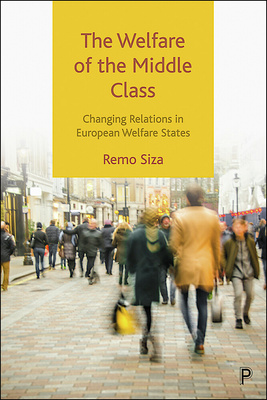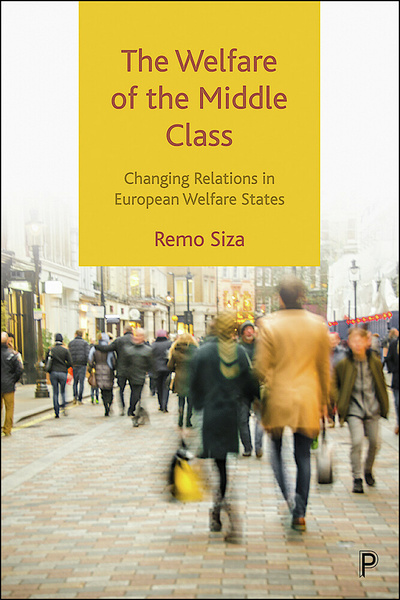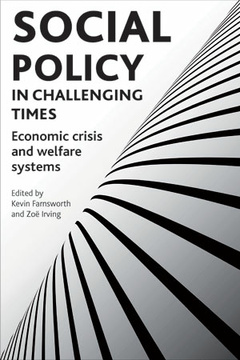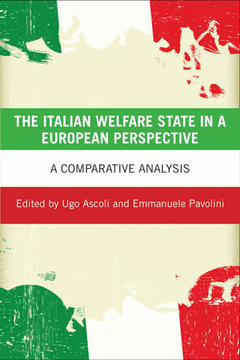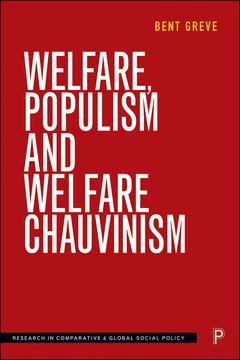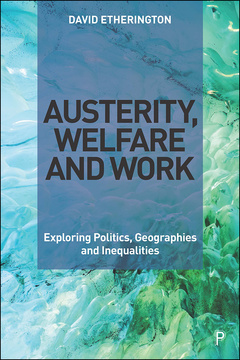Published
Sep 22, 2022Page count
156 pagesISBN
978-1447359999Dimensions
234 x 156 mmImprint
Policy PressPublished
Sep 22, 2022Page count
156 pagesISBN
978-1447360001Imprint
Policy PressPublished
Sep 22, 2022Page count
156 pagesISBN
978-1447360001Imprint
Policy PressIn many European countries, processes of individualisation have contributed to transforming the middle class into a multitude of people, a sort of ‘middle mass’ with an unstable social identity and radical activism. The different ‘worlds’ of European welfare states seem progressively less able to manage this new kind of middle-class activism.
This book is an essential contribution to ongoing public and academic debates on the unpredictability of middle-class attitudes and on their changing relations with the welfare state. Identifying key trends in the literature, it considers the impact of recent welfare reforms on the needs and preferences of the middle class.
"A thoughtful, timely and invaluable volume examining how institutional changes to national welfare states have impacted the middle class in Western Europe, as well as the political consequences of this." Steven Pressman, Monmouth University and The New School for Social Research
“Essential middle-class support for welfare states is becoming ever more fragile. This book offers a persuasive account of how, why and what can be done to heal fractures and restore solidarity.” Zoë Irving, University of York
Remo Siza is a senior consultant for research institutes. He has written books on middle class and poverty and collaborates with several international journals on sociology and social policy.
Introduction
Chapter 1: The Radicalisation of Middle-Class Activism: A Theoretical Overview
Chapter 2: A Long-Lasting Transition
Chapter 3: The Rise of a New ‘Middle Mass’
Chapter 4: The Shifting Relations With the Welfare State
Chapter 5: A Welfare for a Highly Individualised Society
Conclusions: The ‘Worlds’ of Welfare and the Divided Middle Class







